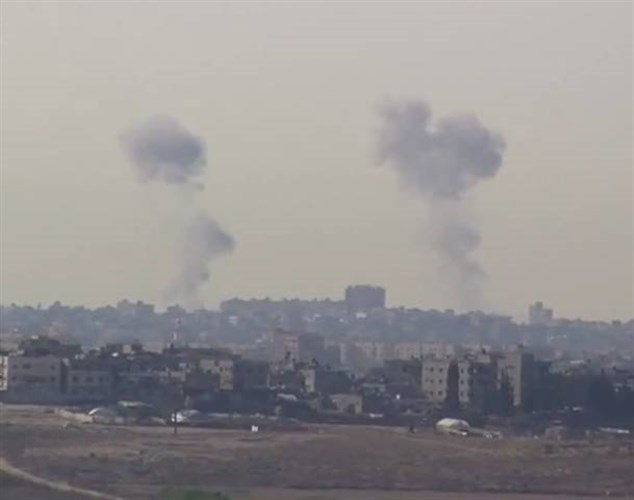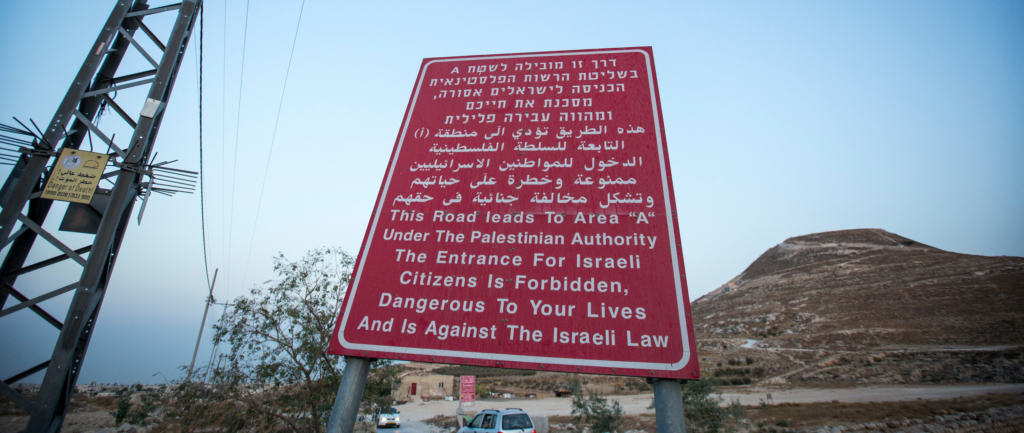Israel's Right to Self-defense

By Beneath The Olive Tree | 2-11-2024
The ongoing war of extermination Israel is inflicting on Palestine is fraught with legal and humanitarian complexities, particularly concerning the notion of self-defense in the context of military occupation. According to international humanitarian law, occupied territories are defined as lands under the control of a hostile military, wherein the occupying power bears specific responsibilities towards the local population. These responsibilities include maintaining public order and ensuring the welfare of civilians, as codified in the Geneva Conventions.
In recent discourse, the Israeli government has framed its military actions in Gaza as acts of self-defense. However, this assertion has sparked significant controversy. Legal scholars argue that a state cannot invoke self-defense while simultaneously occupying the territory from which it claims to be attacked. Such a stance fundamentally conflicts with international law, which prohibits military aggression against an occupied population.
Critics assert that Israel's ongoing military operations in the Gaza Strip and West Bank cannot be justified under the guise of self-defense. The legal interpretations suggest that Israel, while tasked with maintaining order as an occupying force, has often employed excessive and lethal military measures, undermining its obligations to protect civilians. This perspective is reinforced by scholars like Francesca Albanese, who contends that Israel’s actions amount to war crimes. According to Albanese, the claim of self-defense lacks legal merit, given that Israel is responsible for the well-being of the Palestinians under its occupation.
The situation is further complicated by Israel's historical attempts to reinterpret international laws governing military occupation. Since the beginning of its occupation in 1967, Israel has contested the applicability of international humanitarian law to the territories it occupies, arguing that they do not constitute sovereign territories. This position has been consistently rejected by international bodies, including the United Nations and various legal experts, highlighting a significant gap between Israel’s policies and established international norms.
As the international community grapples with these issues, the debate over Israel's right to self-defense continues to challenge our understanding of law and morality in conflict situations. The implications of these discussions are profound, not only for the people living in occupied territories but also for the broader principles of justice and accountability in international law. The intersection of humanitarian needs, legal obligations, and the realities of occupation remains a critical focal point for understanding the ongoing conflict and its global ramifications.
Sources:



https://ihl-databases.icrc.org/en/ihl-treaties/gci-1949/article-13?activeTab=undefined
https://guide-humanitarian-law.org/content/article/3/occupied-territory/




Member discussion